SOUL-CENTERED Recovery
THRIVING BEYOND SOBRIETY
At SoulCentro, we do not offer treatment for those in active addiction and we do not offer acute drug detox onsite. We do welcome individuals who have already carefully prepared through titration or detox well in advance, with the guidance of their healthcare provider. What we do focus on is the spiritual healing for the soul-wounds at the root of addiction, which is a traditional purpose of Iboga ceremony. This experience can support people oas part of a holistic approach on the long-term path of recovery.
A reach for addiction is fundamentally a reach for “medicine” in the sense of seeking relief. Eventually, the method of relief becomes toxic and harmful slavery. We must remember that addiction is essentially rooted in self-preservation, allowing people to function day-to-day through physical, emotional, mental, spiritual, collective, and ancestral pain. Our society needs more compassionate and effective care for those suffering from addiction.
And the true “medicine” we may need beyond addiction is not only plant medicine, but could also be a variety of modalities, practices, habits, skillsets, lifestyles, food, self-care, community, holistic healthcare, connection to nature, and mindful use of the mind-tool.
Addiction is the human condition; there is no escaping it. Everyone experiences some kind of addiction, at some point or another, to some degree or another.
Addiction is the shadow of devotion. Addiction and devotion are comprised of the same core energy with different expressions. Addiction is an unconscious and compulsive form of devotion. Devotion is a conscious and intentional “positive addiction.” With healing and practice, we can channel this power toward devotion.
We might think of addiction simply as substance abuse or behavioral attachments, such as alcoholism or gambling, however, it can be much more subtle and just as destructive. People can be addicted to social media, news, resentments, blame, control, money, external validation, sex and relationships, self-sacrifice, rage, nervous chatter, and narrative thought patterns like worries, judgments, attachments, etc.
The Iboga medicine has the remarkable potential to spiritually support of physical, behavioral, and mental recovery, but this requires clear intention, preparation, full participation, and integration. This phenomenon is supported by profound physical detoxification and neurological support for change.
Addiction is an expression of impulse, yet we must not simply aim to crush the impulse itself. Impulse itself is a great power—and in truth, it isn’t going anywhere. One can only consciously redirect the force of impulse by practicing new impulses. One may find the answers to personalized practices in the medicine journey.
Most ibogaine treatments with qualified providers can be effective at providing a drug detox, which is an important first step to healing addiction. Though the body and mind may be fully cleansed, the very root of addiction goes much deeper; it resides on the soul level.
Healing the soul can lead to genuine self-love, forgiveness, acceptance, truthful thinking, and steady inner peace. The Missoko Bwiti offers ancient and sophisticated modalities to help facilitate healing the soul. To love and respect one’s essence and to accept all past actions as learning lessons naturally leads to a full life focused on passion, purpose, love, connection, self-care, and wellness.
After cleansing and clearing the patterns of the past, the final critical step in healing addiction with Iboga and Bwiti is creating new patterns of thought, perspective, practice, behavior, and relating. This can be the most challenging step of all, and we are primed for success through profound physical detoxification, neurogenesis (creation of new nerve tissue), neuroplasticity (mental flexibility needed to make the change and redirect impulses), clear guidance, and insights. With full participation and respect for the medicine, so much is possible.
Essentially, the cleaner someone comes to Iboga, the more the medicine can give to them.
Indeed, it is not getting sober that keeps people sober, it is these deeper gems of the medicine experience that keep people sober longterm: insight, inspiration, soul healing, clarity, purpose, passion, and answers to our questions. We utilize the word “sober” not in the traditional sense of never taking a consciousness-altering substance, but in the sense of facing life instead of running from life, facing truth instead of running from truth, facing love instead of running from love.
Thus, at SoulCentro we do not provide acute detox as ibogaine clinics generally do. Our calling to provide Bwiti ceremony, and it is important that a seeker arrive with the clarity needed to make intentions and participate with the Bwiti framework and counseling.
Of course, advance weaning from the addictive substance or behavior is not what someone would like to hear when they are deep in addiction. What we call the “spirit of addiction” clings to a quick fix mentality, wanting to take a substance that absolves one of the discomfort of genuine evolution. However, there are many ways that the weaning or titration process can become more easeful and meaningful.

